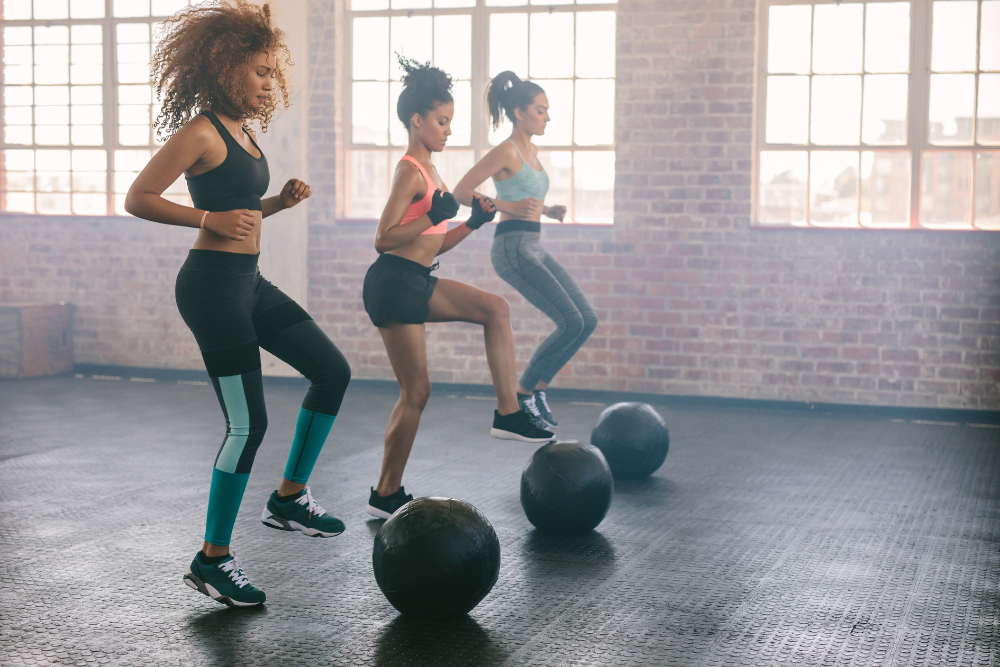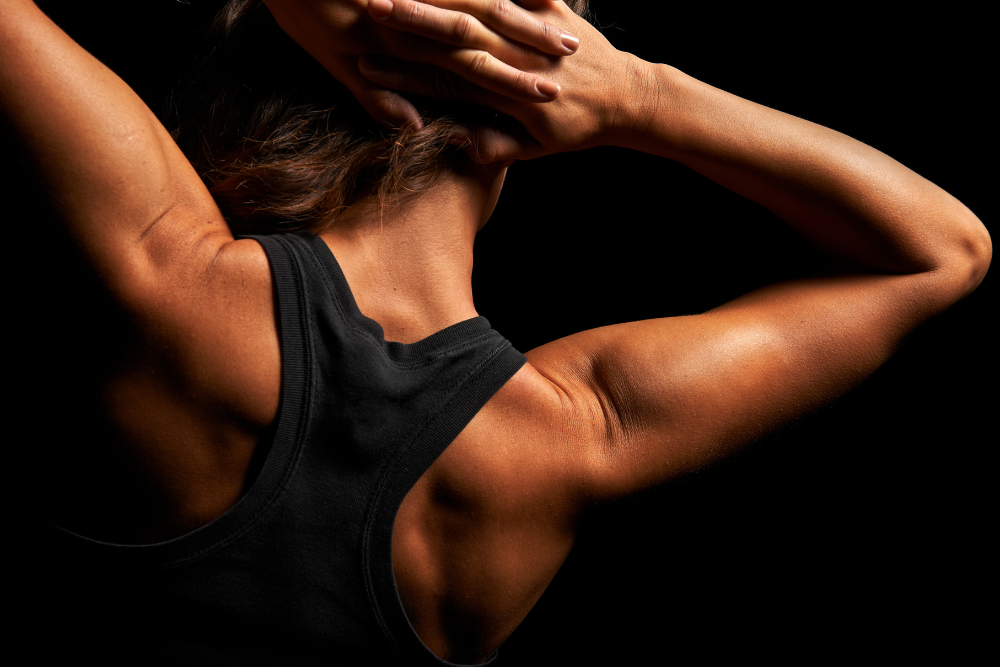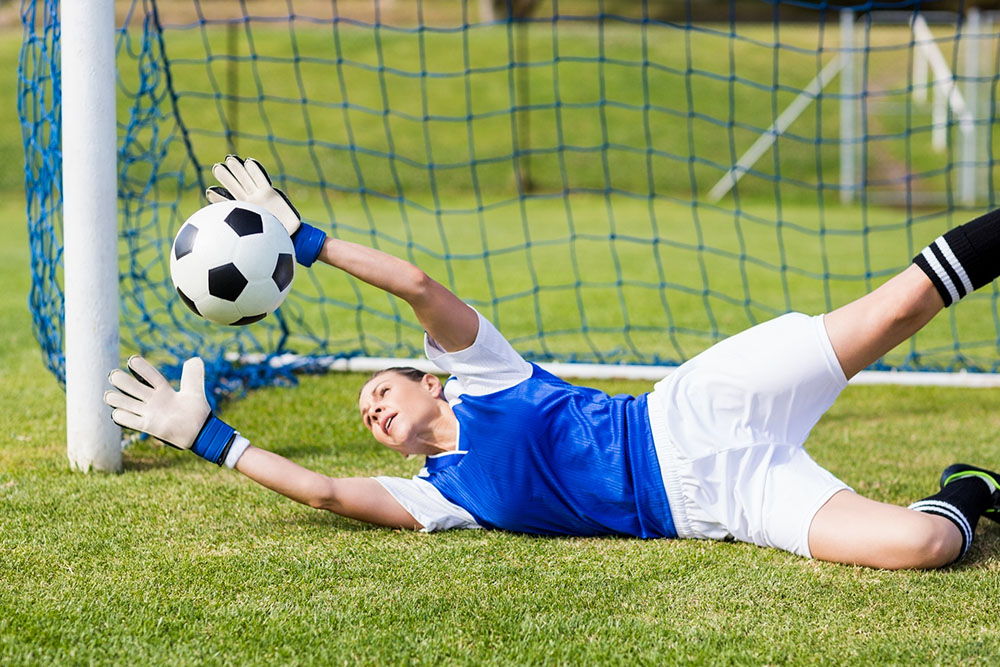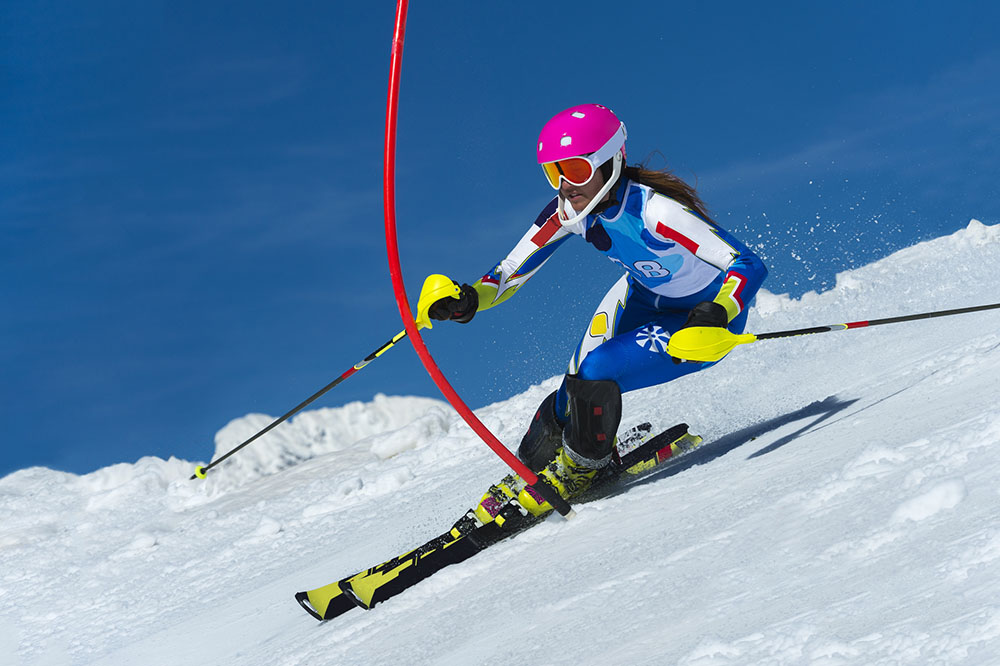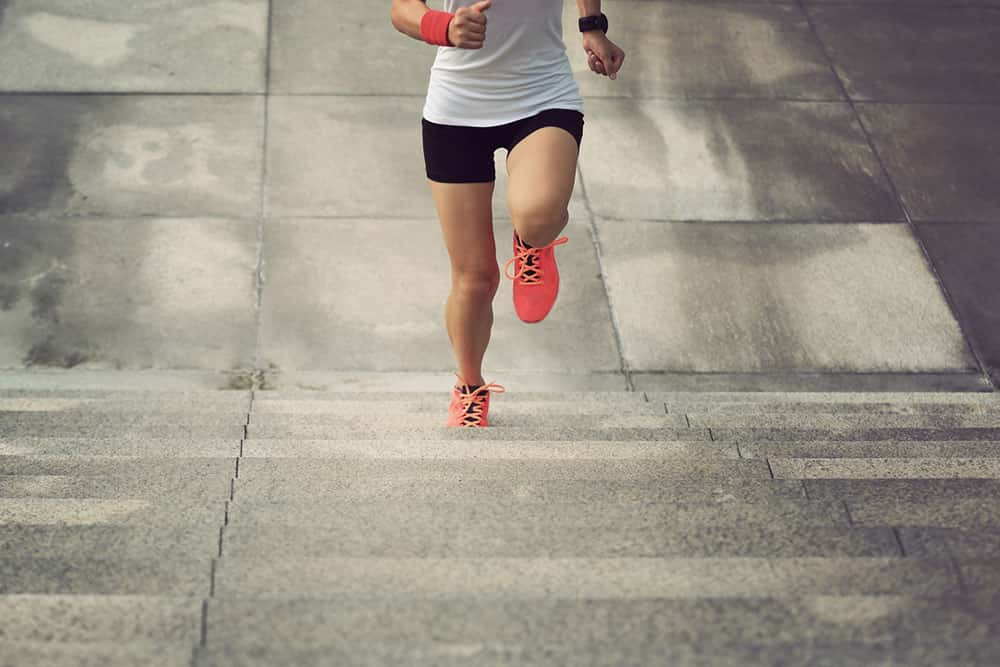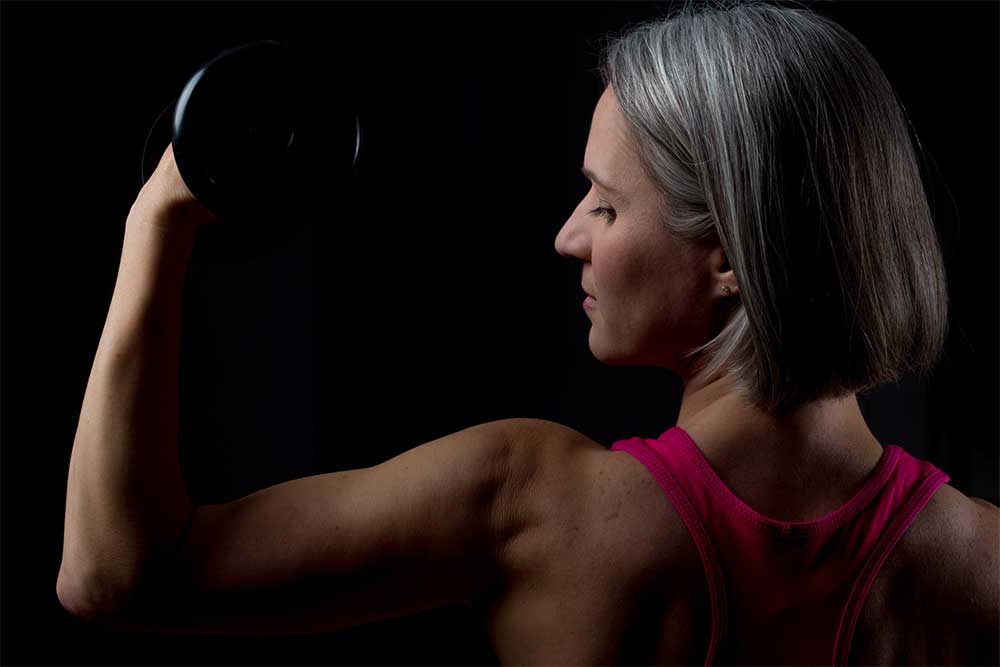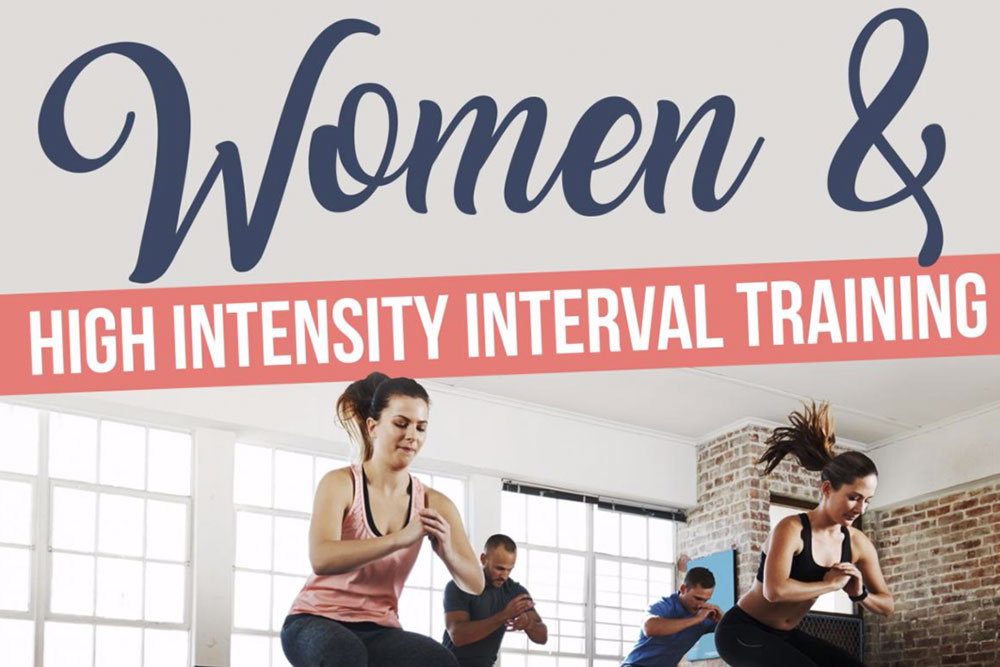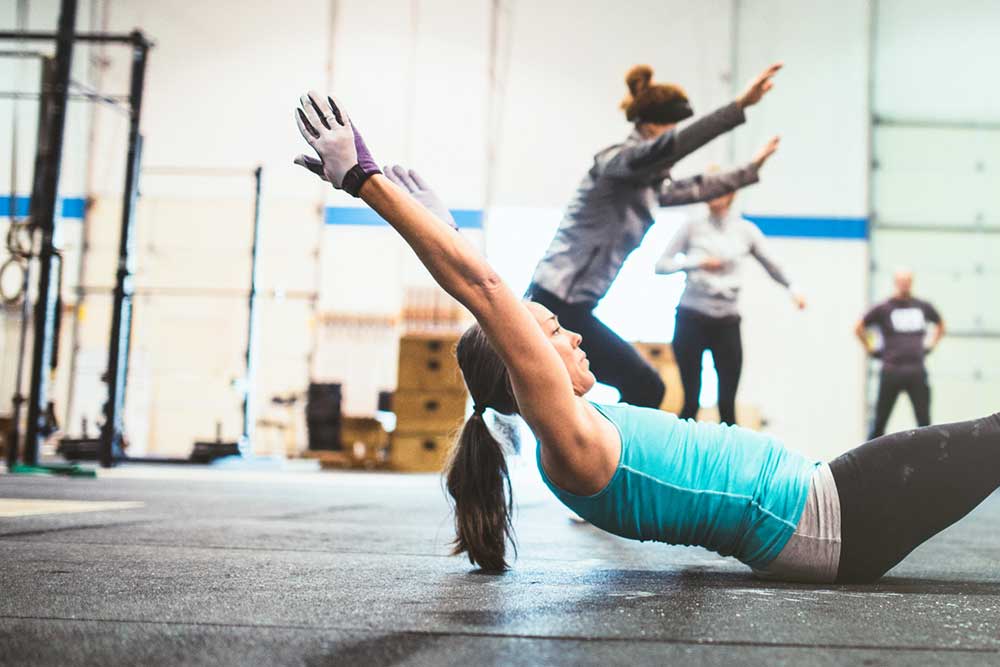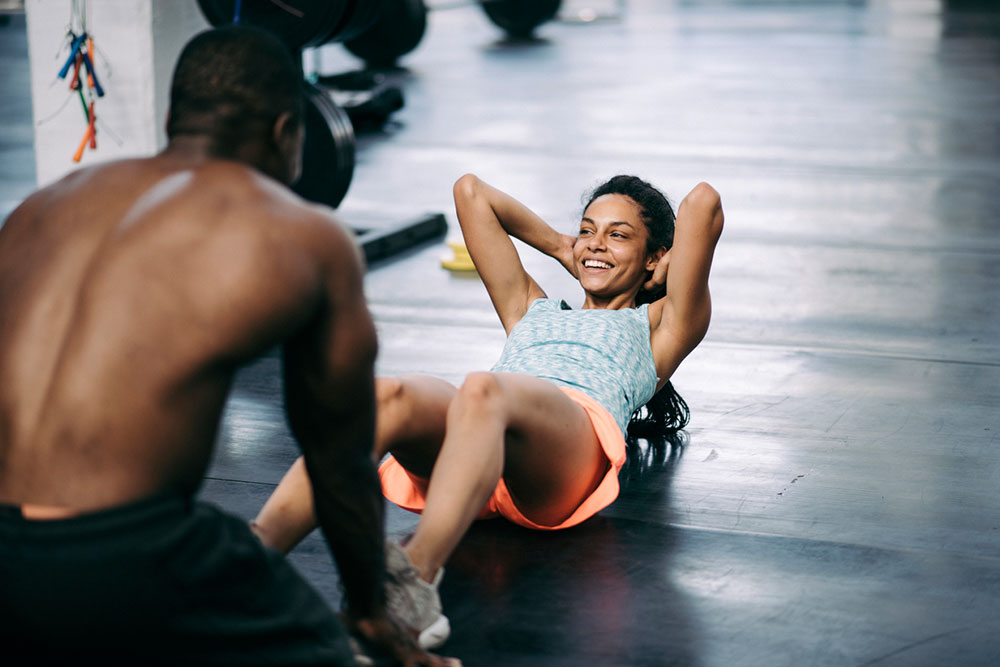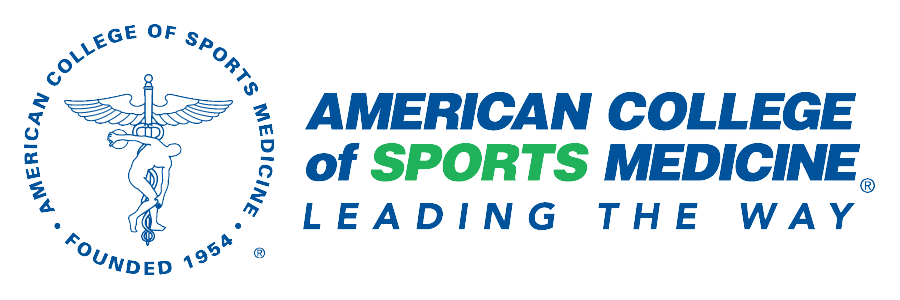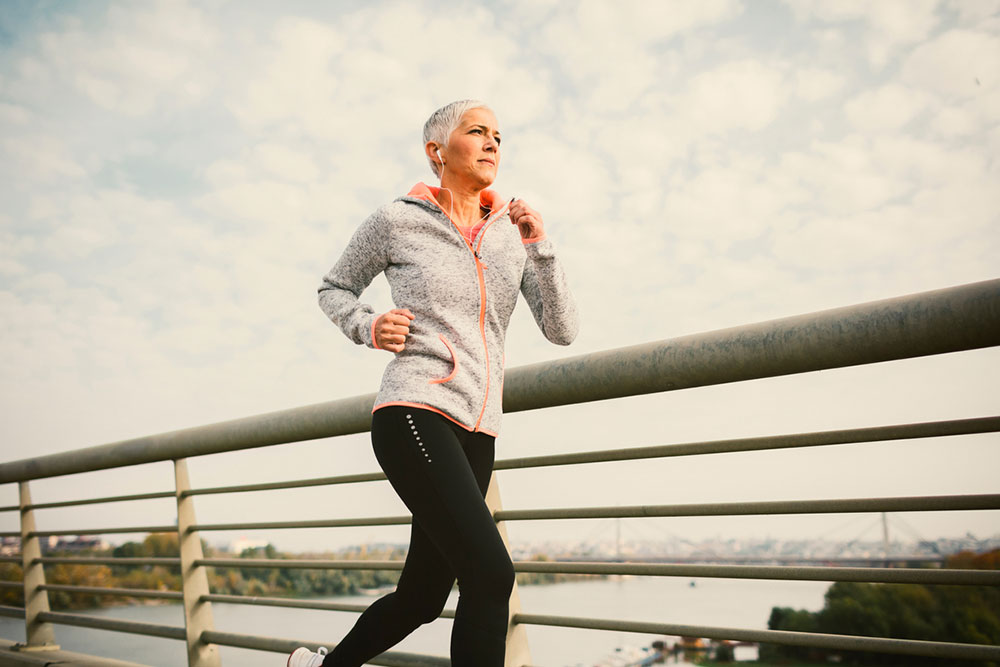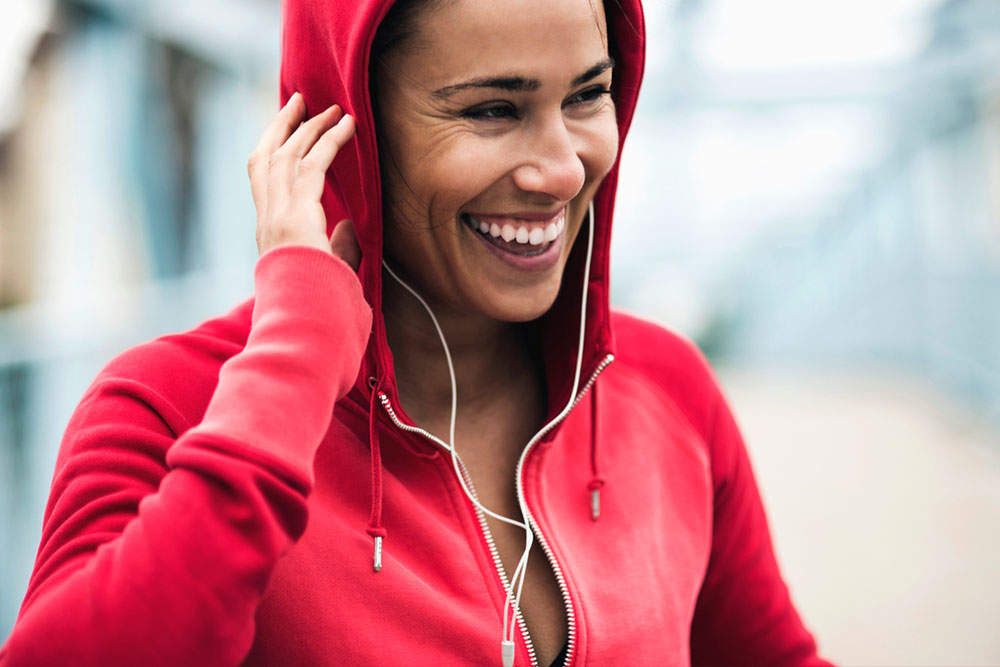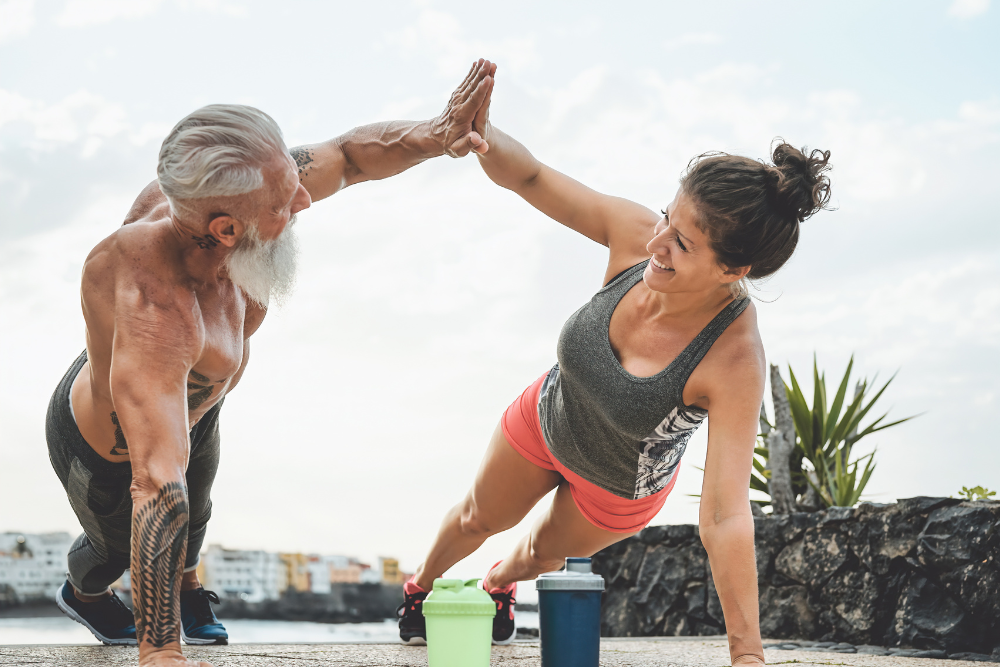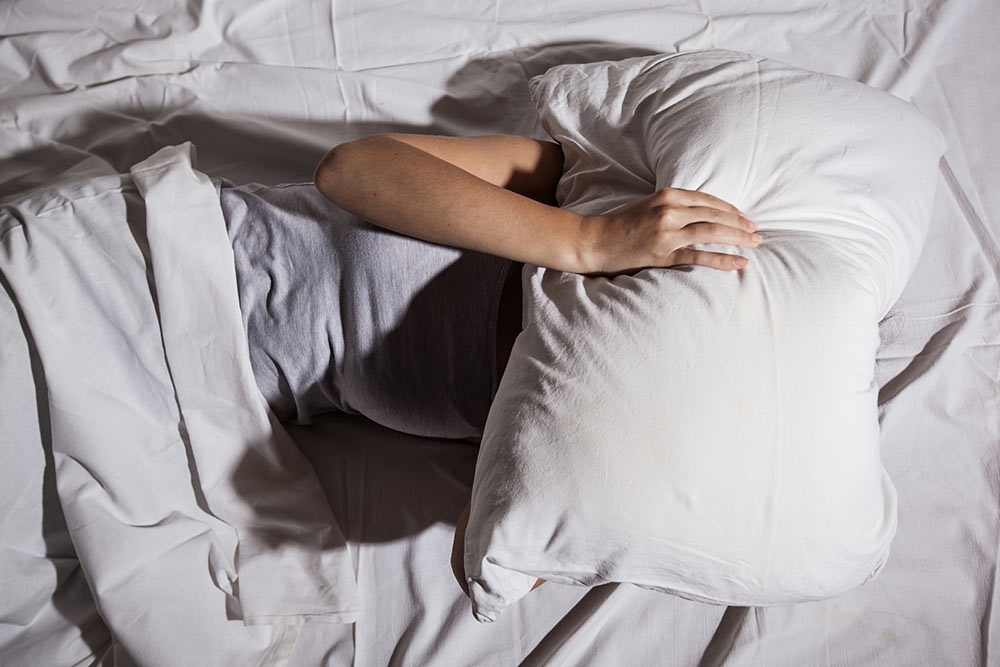Does Testosterone Boost Athletic Performance in Female Athletes?
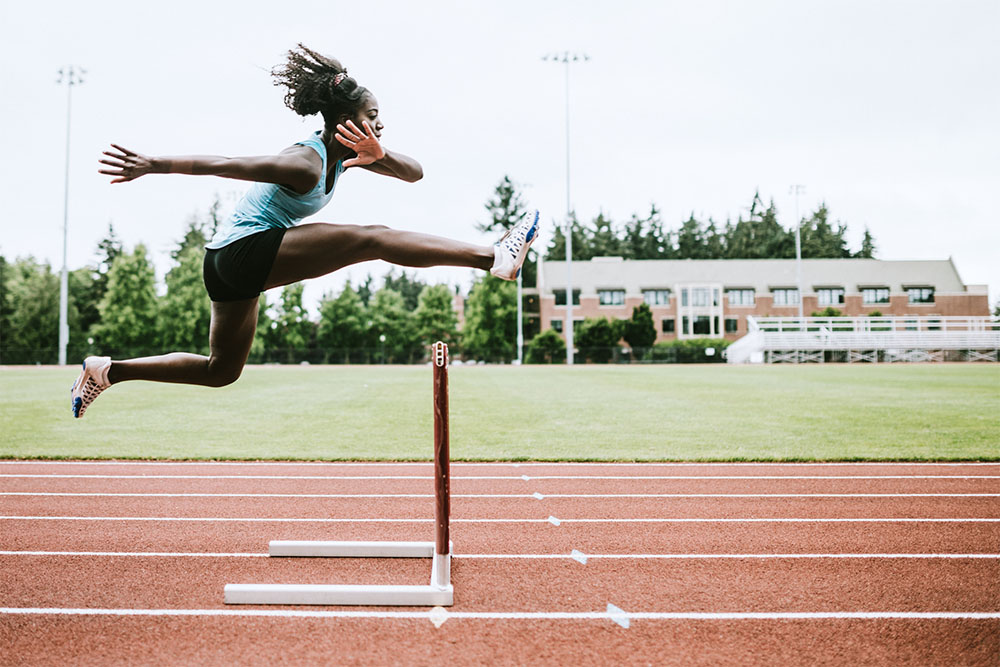
Testosterone is one of the most talked about hormones in the human body – especially when it comes to masculinity and athletic performance.
But what many people fail to realize is that despite testosterone being spoken about as a ‘male’ hormone, it is just as important for females.
What is testosterone?
Testosterone is a hormone found in the human body. In males, testosterone is primarily produced in the testicles, while in females it is produced in the ovaries – albeit in much smaller amounts.
In general, testosterone production starts to increase during puberty, and starts to decline around the age of 30 (although there is some individual variance here).
While it is most discussed with reference to its ability to impact muscle growth and development, it plays several important roles in the human body.
In fact, testosterone is integral to the maintenance of normal sex drive, and in males, plays an essential role in sperm production. It also affects bone density, fat storage, and red blood cell production, as well as mood and emotional wellbeing.
Do female athletes have more testosterone?
There is some interesting research suggesting that female athletes have slightly higher testosterone levels that many women from the general population – and this holds true for both power-based sports and endurance events.
Does testosterone boost athletic performance?
We already know that testosterone has an important role in the growth and development of muscle tissue. As a result, those women with naturally higher testosterone levels tend to exhibit greater potential for muscle growth.
This means that their likelihood of success in strength and power based sports performance (where muscle mass is inherently important) is also increased.
There is some interesting research demonstrating that female athletes with higher levels of testosterone generally have greater success in sports like weightlifting and powerlifting, and track events like the 100, 200, 400, and 800 metre sprints (Bermon, 2018).
Something that is less well known is the fact that testosterone is also required to produce haemoglobin – which is responsible for carrying oxygen within your blood. As such, individuals with higher testosterone may also have greater capacity for aerobic endurance events (Handelsman, 2018).
It is likely for this reason that elite female endurance athletes tend to present with higher levels of testosterone than most people from the general population.
Taking all of this into consideration, there has been a recent investment into research around an something known as Hyperandrogenism – a condition leading to higher testosterone levels than would be expected for ‘biological females.’
Some people even believe that Hyperandrogenism may explain the success of the very best female athletes of our generation (Sudai, 2017).
Related Article: Do Female Athletes Need More Sleep?
Why is testosterone important for females?
Testosterone is not often considered to be one of the primary ‘female hormones’, however, I would argue we should.
I have already mentioned that testosterone is required for the maintenance of normal bone growth and function, the development of healthy muscle tissue, the management of mood, and libido – all of which are obviously important in females.
Moreover, it has also been shown to help regulate fat storage (and may even aid in weight loss), help promote fertility, encourage normal menstrual health, prevent vaginal atrophy, and support cardiovascular health.
So, I guess I should say it is very important.
What are normal levels of testosterone?
When we are talking about testosterone levels, we are ultimately talking about the amount of testosterone you have floating about in your blood. As a result, it can only be measured via a blood test.
In females, a measure of 15-70 nanograms per deciliter would be considered completely normal.
There is evidence to suggest that levels below this range may lead to things like:
- Alterations in breast tissue
- Fertility issues
- Loss of libido
- Irregular menstruation
- The onset of osteoporosis
Conversely, levels above this range can promote:
- Development of acne
- Alterations in blood sugar levels
- Facial hair development
- Infertility
- Loss of menstruation
- Weight gain
Now, when we were talking about testosterone levels in athletes earlier, I want to state that most elite level female athletes still sit within that range – albeit at the higher end of it.
However, there is some research suggesting that about 0.7% of all elite female athletes have levels higher than this – which could be classified as Hyperandrogenism.
Testosterone and menopause
Testosterone levels in women tend to peak around 30 years, and then decline gradually after that. As a result, often by the time someone reaches menopause, their levels of testosterone are around 25% of their peak (Skiba, 2019).
This change is believed to explain some of the reason as to why women are at an increased risk of weight gain and osteoporosis post-menopause.
It may also explain some of the variations in performance observed between younger and older athletes (i.e. open vs. master’s levels of competition).
Related Article: The Stages Of A Woman’s Sleep Life: Menstruation and Menopause
What about testosterone supplements?
Given the beneficial impact of testosterone on female athletic performance, it should come as no surprise that testosterone boosting supplements have become one of the most widely sold supplements on the market.
Before we dive into this section of the article, it is important to note that the only way to ‘supplement’ with testosterone is to take a synthetic form of the hormone – which is an anabolic steroid.
Given that steroids are banned by sporting organizations, illegal in most countries, and can have deleterious effects on health, this is not a viable option. As such, testosterone boosters are derived from natural legal ingredients that are said to boost your bodies normal testosterone production.
But do they work?
In short, it depends.
There is some evidence to suggest that certain natural compounds can improve testosterone production in individuals who have lower than normal levels, or sit on the lower end of the normal spectrum.
These compounds include:
- D aspartic acid (or DAA for short)
- Ashwagandha
- Mucuna pruriens
- Shilajit
- Tongkat ali
- Vitamin D
Now, the kicker with each of these is that they need to be included in adequate amounts within a supplement to be effective.
Unfortunately, this is rarely the case.
Recent research has shown that most of the testosterone boosting supplements on the market do not contain ingredients that increase testosterone, contain effective ingredients but in non-effective amounts, or even contain ingredients that have been shown to reduce testosterone (Clemcsha, 2020).
In short, if you are intent on trying a testosterone boosting supplement, do your research and choose wisely.
Natural ways to increase testosterone
While supplements may not be the most effective way to increase testosterone, there are some great things you can implement into your life that are guaranteed to help.
As a bonus, these are completely free, and very likely to have a positive effect on other aspects of your health as well.
- Exercise: Doing resistance training has been shown to cause both acute and chronic increases in testosterone production, making it one of the most potent test boosters on the planet.
- Eat more healthy fats: Very low-fat diets have been shown to decrease testosterone production, which suggests that eating more high quality fats (such as olive oil, avocados, and fish) may have the potential to improve testosterone
- Reduce stress: High levels of life stress have been shown to increase cortisol secretion, which can blunt testosterone production. As such, reducing stress through things like meditation may be extremely beneficial.
- Improve your sleep quality: Sleeping 5 hours per night has been shown to cause a 15% reduction of testosterone. So, strive for 7-8 hours per night, and keep your levels high.
And there you have it – four very simple ways you can naturally boost your testosterone levels.
Take Home Message
Testosterone is a hormone that is incredibly important for health and athletic performance. In fact, research has shown that women with naturally higher levels of testosterone may be more likely to have success in a variety of athletic endeavors.
Fortunately, you can implement certain strategies to boost your testosterone levels and reap the rewards – so give them a go and let us know what you think!
References
Bermon, Stéphane, and Pierre-Yves Garnier. “Serum androgen levels and their relation to performance in track and field: mass spectrometry results from 2127 observations in male and female elite athletes.” British Journal of Sports Medicine 51.17 (2017): 1309-1314.
Handelsman, David J., Angelica L. Hirschberg, and Stephane Bermon. “Circulating testosterone as the hormonal basis of sex differences in athletic performance.” Endocrine reviews 39.5 (2018): 803-829.
Sudai, Maayan. “The testosterone rule—constructing fairness in professional sport.” Journal of Law and the Biosciences 4.1 (2017): 181-193.
Skiba, Marina A., et al. “Androgens during the reproductive years: what is normal for women?.” The Journal of Clinical Endocrinology & Metabolism 104.11 (2019): 5382-5392.
Clemesha, Chase G., Hatim Thaker, and Mary K. Samplaski. “‘Testosterone Boosting’Supplements Composition and Claims Are not Supported by the Academic Literature.” The World Journal of Men’s Health 38.1 (2020): 115-122.
You Might Like:




